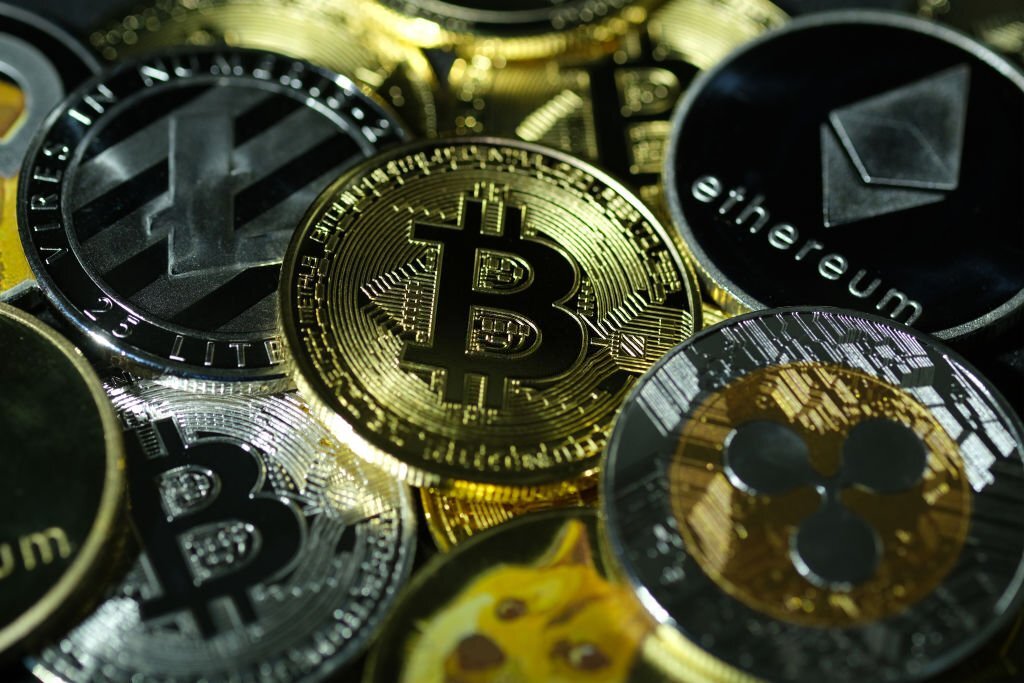
Do you worry about Bitcoin wallet security? Here are the best practices and recommendations for safeguarding the funds in your crypto wallet.
Bitcoin wallet security is more critical now than ever. More crypto users choose self-custody due to the increasing vulnerability of crypto exchanges. Most Bitcoin users, traders, and investors prefer holding limited funds in their crypto exchange accounts. That’s because hackers have proven their ability to hack crypto exchanges and steal the funds in the users’ accounts.
Bitcoin wallets are not entirely risk-free. If somebody gets your Bitcoin wallet’s private key, they can transfer all the funds. Nevertheless, self-custody has a lower risk level since you control the private keys to access your wallet’s funds. So, most people transfer Bitcoins to their crypto wallets after purchasing them but before that you should be well educated by using websites like Immediate Eurax Ai. But how do you enhance your Bitcoin wallet’s security in 2023? Here are the best practices and recommendations.
Secure Private Keys
Private keys allow you or anybody else to access and transfer the funds in your crypto wallet. Therefore, you must secure them at all costs. Avoid sharing your Bitcoin wallet’s private keys with other people. Also, don’t store private keys on a device that you connect to the internet. Instead, use software or hardware wallet with two-factor authentication and strong encryption to keep private keys offline.
Invest in a Safe Wallet
You have many options when choosing a Bitcoin wallet. Instead of selecting the first crypto wallet you find online, research the options to choose one with a reputation for more effective security measures. For instance, choose a Bitcoin wallet with a strong development team and proof of audit by third-party security companies. Also, ensure the crypto wallet has a track record of providing the user’s Bitcoins more security. Since hardware wallets store private keys offline, they are the most secure option because they are less vulnerable to theft and hacking.
Update Your Wallet Software Routinely
Ensuring up-to-date wallet software is vital for security maintenance and optimal performance. Crypto wallet software developers release frequent updates to enhance features, fix vulnerabilities, and improve user experience. Therefore, update your wallet software routinely to use the latest version and benefit from its enhancements. Also, regular updates will safeguard your Bitcoins from threats.
Create Strong Passwords
Unique, strong passwords will enhance your Bitcoin wallet’s security. Therefore, avoid a password that anybody can guess and access your Bitcoins. For instance, avoid using your birthdate or name as your password. Also, avoid using a similar password for several accounts. You may also use a password manager to securely store and generate your passwords.
Activate 2-Factor Authentication
Two-factor authentication establishes an extra security layer for your Bitcoin wallet. This feature requires second verification, like sending a one-time code to your phone. When you activate this feature, you make accessing your Bitcoin wallet more challenging for attackers, even when they get your password. Therefore, choose a Bitcoin wallet with this feature and activate it to safeguard your crypto assets.
Watch Out for Bitcoin Scams and Phishing Attempts
Cybercriminals use scams and phishing attacks to trick Bitcoin users into revealing sensitive information. Others use these tricks to prompt you to download malicious software that allows them to access the information required for accessing your Bitcoin wallet. Therefore, pay attention to unsolicited links or attachments that ask you to take specific actions. Also, double-check website URLs when entering sensitive information like your Bitcoin wallet credentials. Check out for red flags, such as unusual domain names, misspelled words, and suspicious email addresses.
Conclusion
As Bitcoin’s value and usage increase, criminals will always look for ways to access users’ crypto wallets to wipe out their funds. These practices and recommendations can help you safeguard your Bitcoin from hackers or thieves. Implement them and always find ways to ensure nobody accesses your Bitcoin wallet’s private keys without your authorization.






